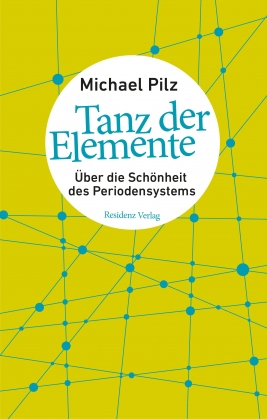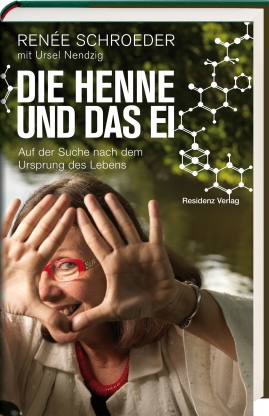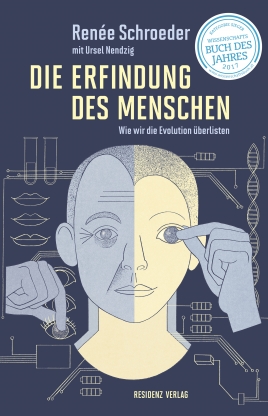
Michael Pilz - Dance of the elements
On the beauty of the periodic table
Chemistry is the most joyful science of our time.
Everything consists of a few building blocks, the elements. Nature, people, every single thing. One-hundred-and-fifty years ago, St. Petersburg scientist Dmitri Mendeleev applied a systematic order to all matter. Every element found its permanent place in the periodic table. But the periodic table has always been more than just a chart in the chemistry lab. Michael Pilz brings it to life by recounting the story from the beginning, and looking into the future at the end. He tells us about the old ores and elements of nature and about the antique concept of the four great elements. From the divine art of alchemy through to the scientific world of the periodic table and beyond, he provides a cultural history of world views and describes chemistry as the most joyful science of our time.
Book details
224 pagesformat:140 x 220
ISBN: 9783701734832
Release date: 27.08.2019
License rights
- World rights available







